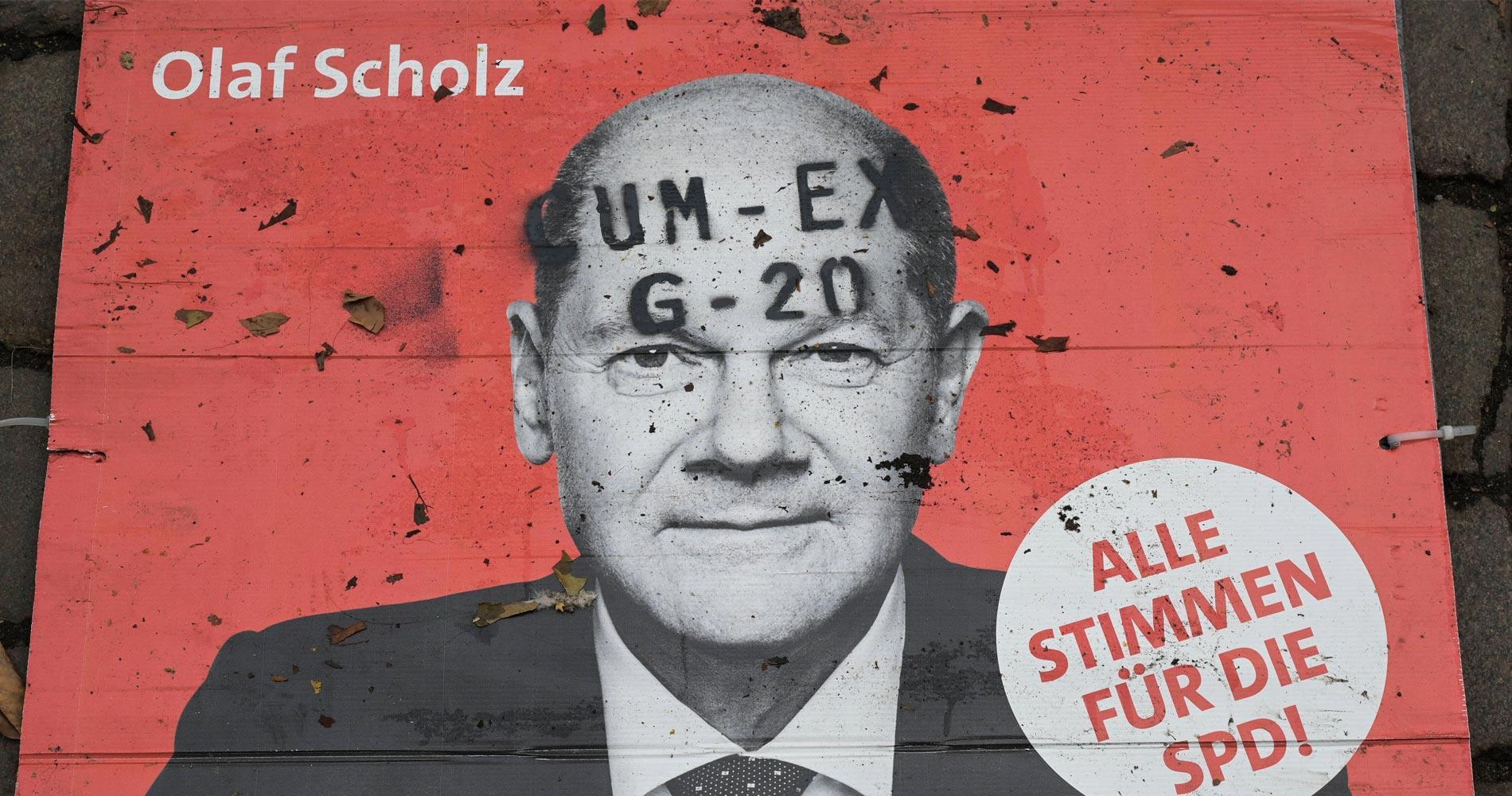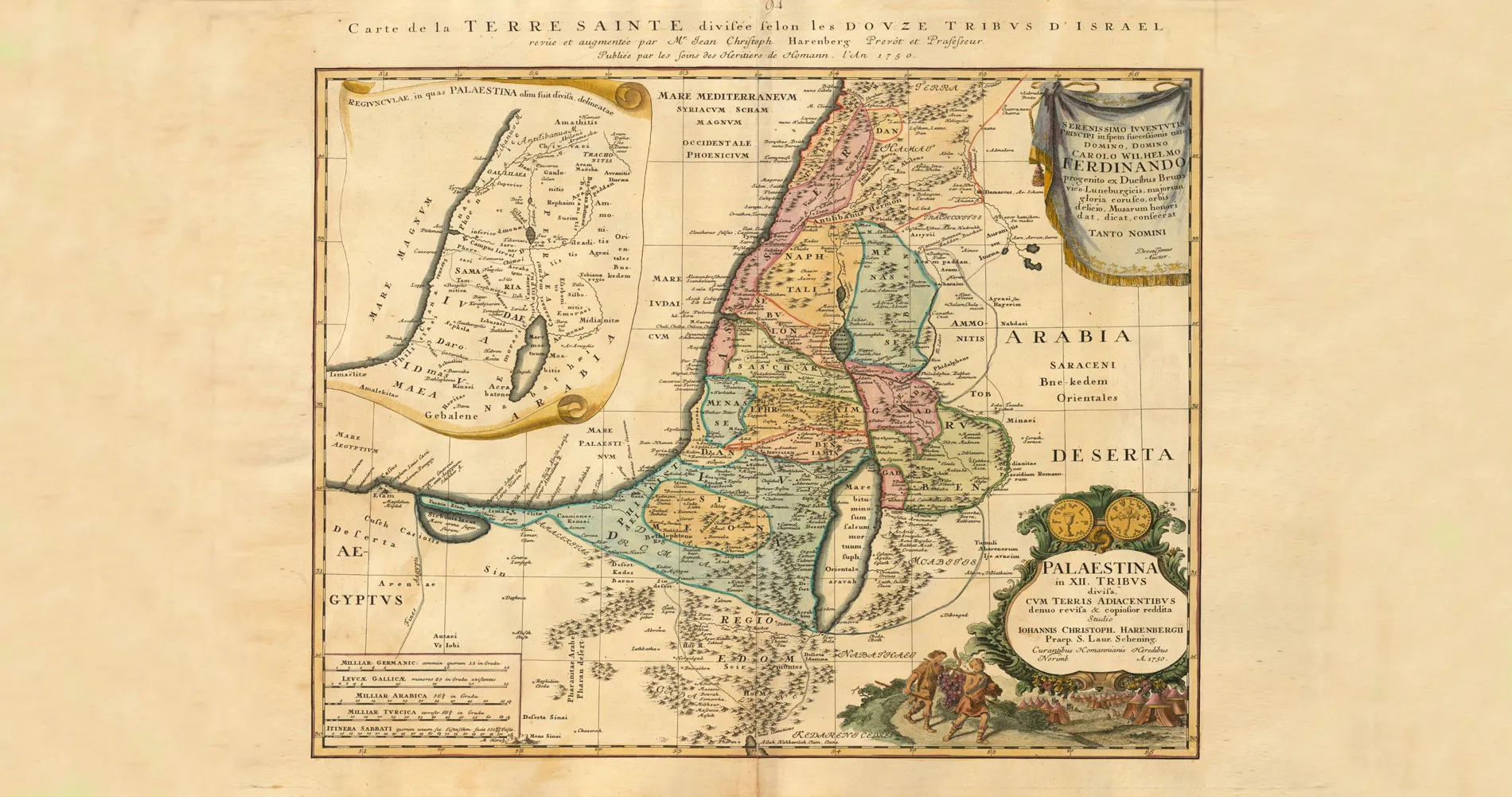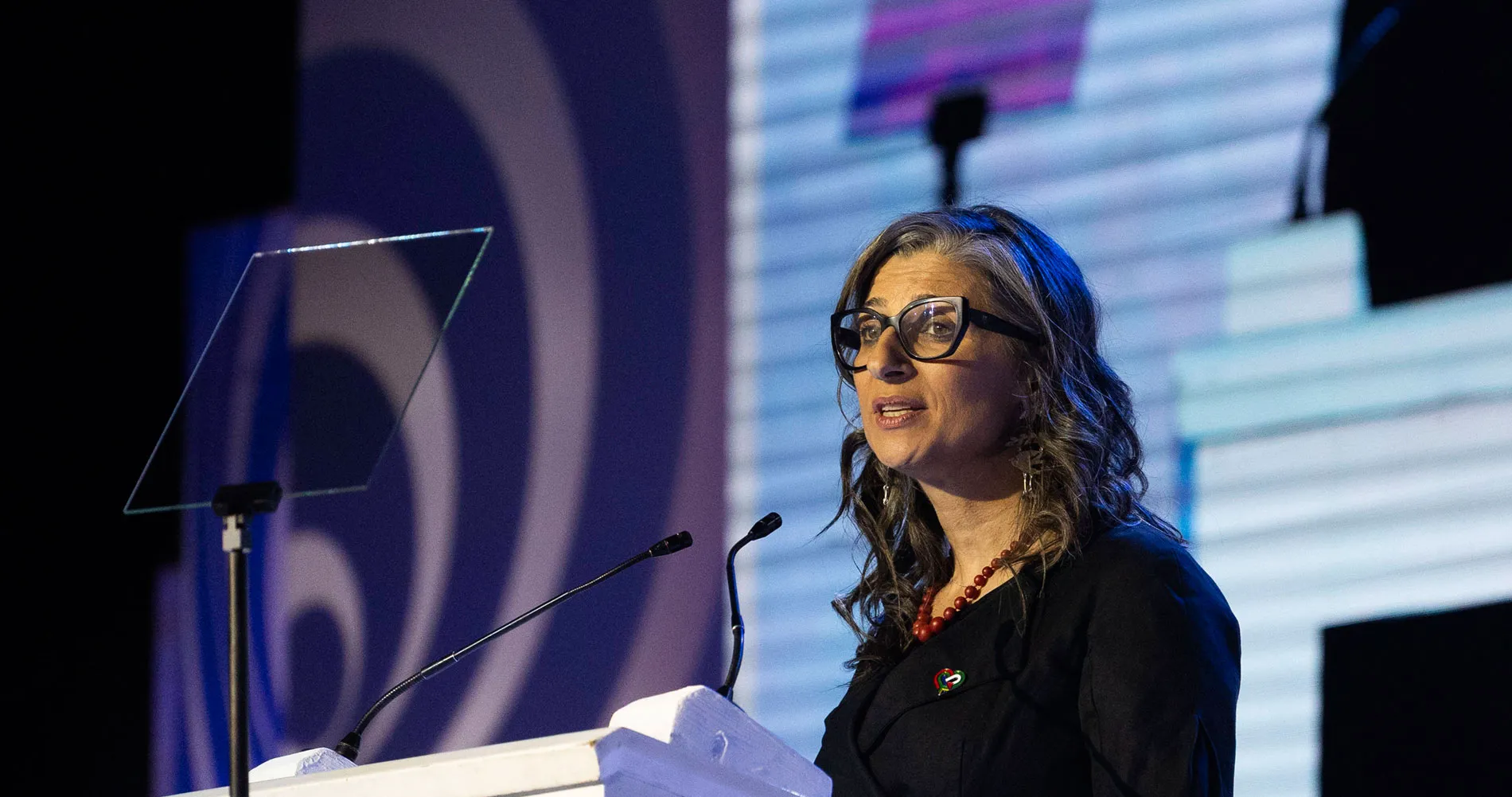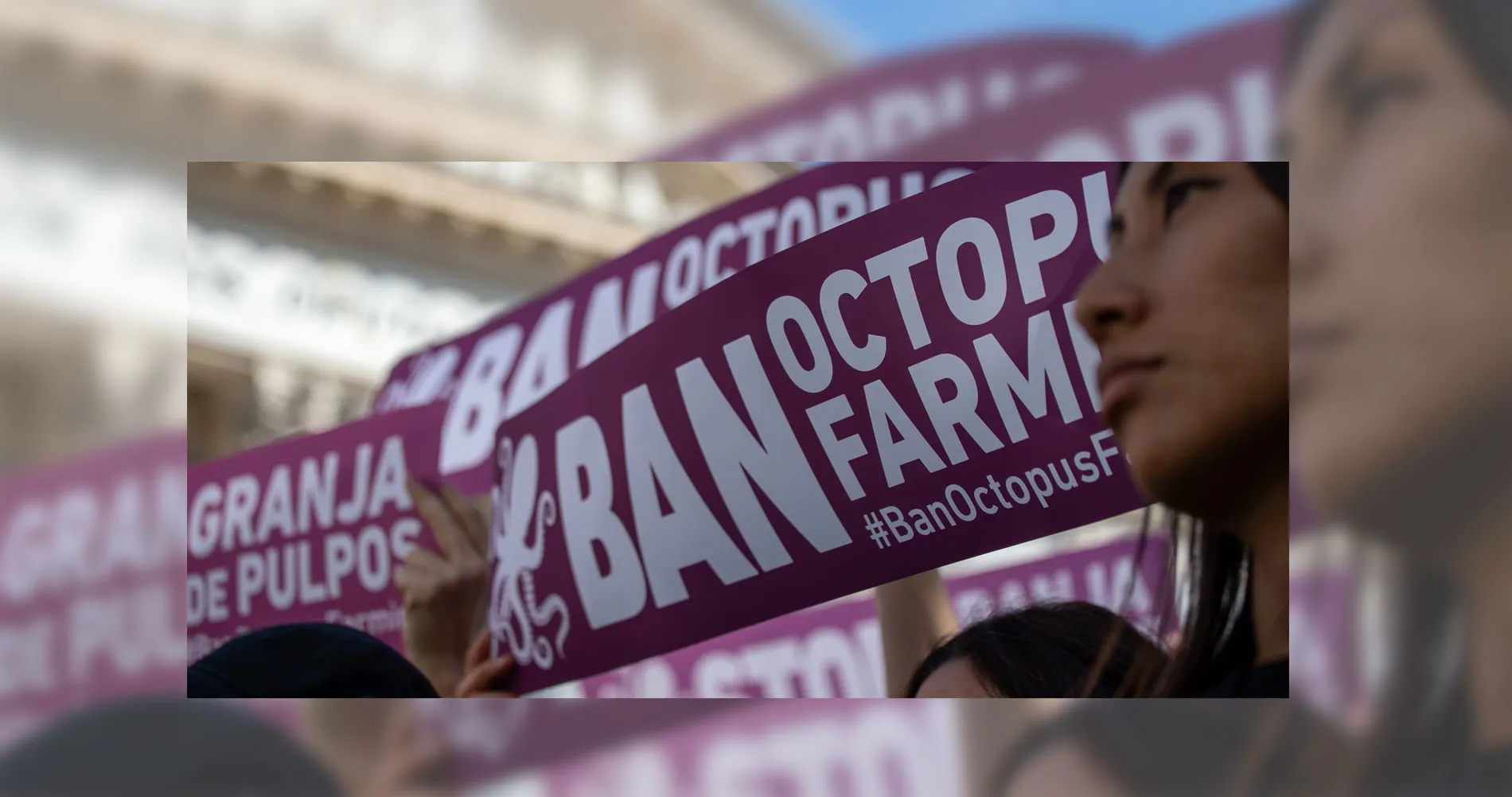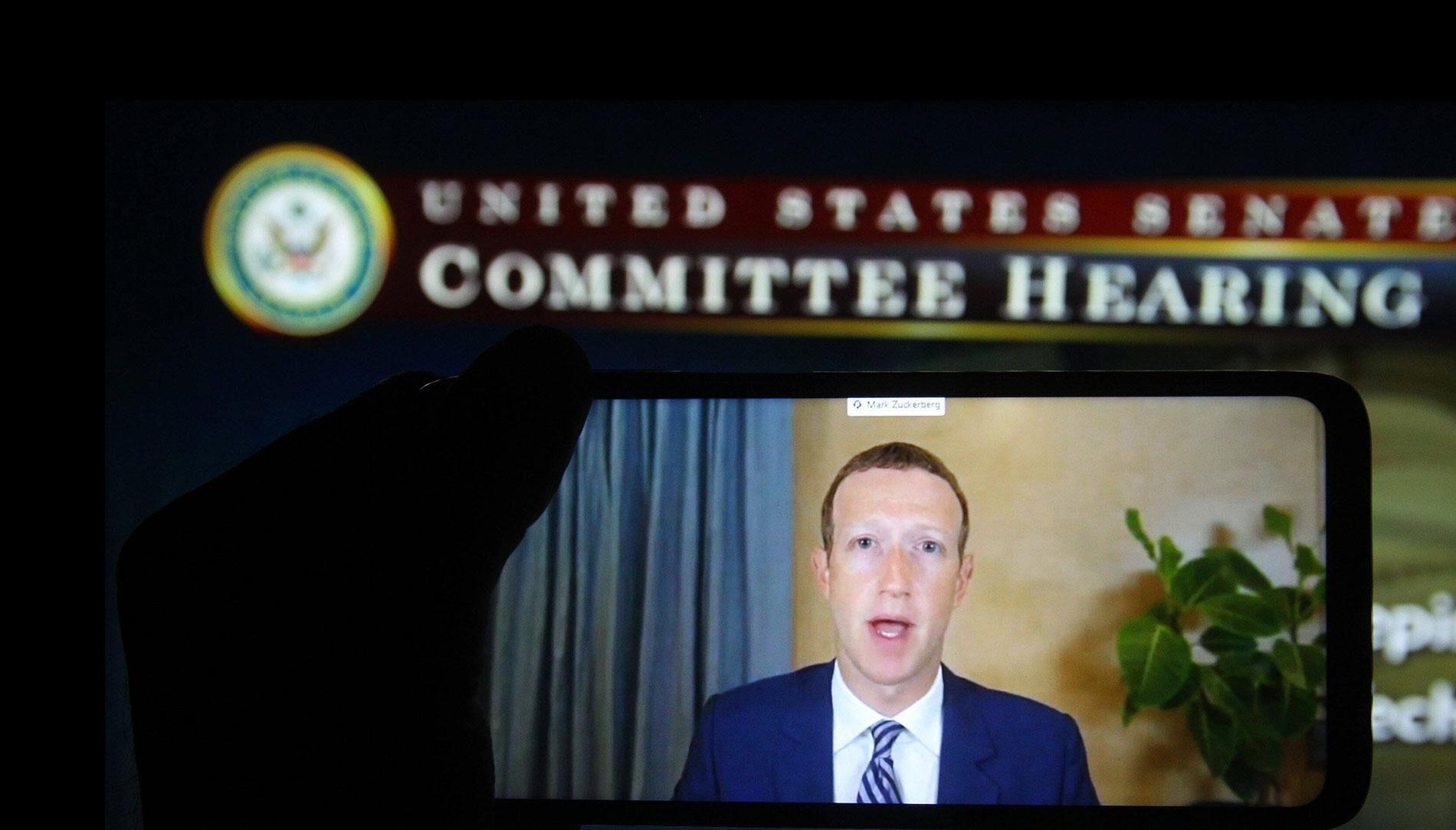In 2018, a scandal of epic proportions sent shockwaves through the European financial landscape. A sophisticated tax evasion scheme exposed the dark underbelly of the banking industry, siphoning off billions of euros from European countries and leaving taxpayers to carry the burden, The financial impact of the Cum-Ex scandal continues, with estimated costs reaching over EUR 100 billion for European taxpayers. As the fallout from the scandal unfolds, it has also cast a shadow over the political career of Germany’s Chancellor, Olaf Scholz, raising questions about his credibility and role in this complex financial affair.
Murat Gibadyukov
19 October 2023
German version | Russian version | Spanish version
Imagine a scheme where savvy investors could claim tax refunds on dividend payments, not once, not twice, but multiple times for the same dividend income. It might sound like a financial dream, but for those involved in the Cum-Ex scandal, it was a bold and audacious reality.
At the heart of this scandal were dividends, the periodic payouts that companies make to their shareholders. These payments are typically subject to withholding tax, a mechanism designed to ensure fair government revenue sharing. However, some eligible shareholders can apply for tax refunds.
Enter the Cum-Ex scheme (“Cum-Ex” is Latin for “with-without”), a financial plot that exploited legal ambiguities and regulatory gaps across European countries. The core concept was deceptively simple: buy and sell shares just before the dividend payment date, passing those shares among various parties in a way that made it impossible for tax authorities to determine the rightful owner. This orchestrated confusion allowed multiple entities to claim tax refunds on the same dividend income, resulting in a financial whirlwind where the same refunds were claimed multiple times.
The Cum-Ex Conspiracy Unveiled
The scandal’s roots trace back to regulatory oversight failures. For example, the Association of German Banks warned the German Ministry of Finance about the risks of multiple tax reimbursements as early as 2007. Those warnings went unheeded. While the German government revised and updated its tax laws in 2007, 2009, and 2012 to close some regulatory loopholes, there were still some which allowed the Cum-Ex scheme to flourish. Similarly, Denmark faced accusations of not acting upon numerous warnings of foreign companies abusing tax rules and forging documents to fraudulently apply for dividend tax refunds.
CORRECTIV, a non-profit consortium of journalists in Germany, was instrumental in exposing the Cum-Ex scam. Through extensive research and data analysis, they revealed the intricacies of the scheme, documenting cases where multiple parties claimed tax refunds on the same dividend income. Their report, known as the CumEx-Files, was published in 2018 and brought the scandal into the public eye. Media outlets in various countries picked up on these revelations, triggering investigations by tax authorities and law enforcement organizations across Europe.
The Cum-Ex scheme was a multi-faceted affair involving a complex web of players, each with a specific role in orchestrating the fraud. Investigators have named more than 1800 suspects and raided over a dozen international banks as part of the ongoing case. Key participants included many of the continent’s prominent financial institutions such as Deutsche Bank, Commerzbank, MM Warburg, Hypovereinsbank, JPMorgan, Merrill Lynch, and Morgan Stanley. These banks acted as architects of the scheme, engineering intricate transactions and providing the essential infrastructure for fraudulent tax refund claims.
Alongside them were investment management giant BlackRock and the “Big Four” accounting and professional services firm, Ernst & Young (EY). While BlackRock itself may not have participated in the scheme, it was alleged to have been involved in transactions that took advantage of the Cum-Ex strategy. At the same time, EY’s role included issuing legal opinions that seemingly legitimized Cum-Ex transactions, playing a crucial part in giving an appearance of legality to the fraudulent activities.
Moreover, individuals, including investment bankers, traders, and tax consultants, played integral roles in executing the plan, exploiting legal ambiguities and regulatory disparities across European countries.
Together, this diverse array of actors capitalized on legal loopholes to execute one of the most significant financial frauds in recent history. While some individuals and entities have faced legal consequences in the five years since the CumEx-Files were published, the full extent of accountability for all involved parties continues to evolve as investigations and legal proceedings progress.
The Fallout of the Cum-Ex Scandal and Involvement of Olaf Scholz
The financial impact of the Cum-Ex scandal is nothing short of staggering. The fraud has transcended national borders, affecting at least 11 EU member states and Switzerland. Each country incurred varying degrees of losses, with Germany, France, Italy, Denmark, and Belgium incurring the biggest costs. The scandal’s international dimension has also prompted US authorities to launch their own investigation, reflecting the global impact of the fraud.
Various sources estimate this scandal has cost EU taxpayers over EUR 100 billion. Germany, which has amended its laws multiple times to ban such practices, is the hardest-hit country, facing estimated losses ranging from EUR 5 billion to as high as EUR 36 billion. This scheme has been described as Germany’s most extensive post-war fraud investigation, underscoring the enormity of the losses.
Amid the scandal, Germany’s Chancellor, Olaf Scholz, found himself tangled in a contentious political and legal battle. This incident has raised concerns about Scholz’s credibility, particularly during his tenure as Hamburg’s mayor. The Union, a coalition comprising conservative parties, specifically the Christian Democratic Union (CDU) and the Christian Social Union (CSU), has taken significant steps towards unveiling Scholz’s role in the affair.
The Union’s efforts to establish a committee of inquiry into the scandal faced resistance from the “traffic-light” factions in the Bundestag (a coalition government of the Social Democratic Party of Germany (SPD), the Free Democratic Party (FDP) and the Greens), prompting the Union’s decision to file a lawsuit with the Federal Constitutional Court.
In 2016, Hamburg’s tax office was considering reclaiming EUR 47 million in tax refunds from the Warburg Bank and, while mayor of Hamburg, the city authorities changed their stance and dropped the claim during the time the Scholz was mayor of Hamburg. Scholz now professes to have no memory of any meetings on this issue. The decision to bring the case to the Federal Court emphasizes the Union’s contention that Scholz’s lapses in memory lack credibility regarding his interactions with key figures in the scandal, including Christian Olearius, the former owner of Warburg Bank. Mr. Olearius is now facing up to 10 years in prison.
The impact of the Cum-Ex scandal has reverberated not only in legal terms but also in shaping financial regulations and international cooperation. EU governments and regulatory bodies have implemented reforms to close the gaps that allowed Cum-Ex to thrive. The Cum-Ex revelations have prompted a re-evaluation of tax laws and the need for harmonization across European countries to prevent similar schemes in the future. Furthermore, Cum-Ex’s impact on public trust in the financial industry cannot be understated, as it exposed major vulnerabilities in the financial system. As a result, many European financial institutions faced reputational damage, leading to increased scrutiny and regulatory oversight.
As investigations and legal proceedings continue to develop, Scholz’s role in the Cum-Ex scandal remains a central focus of a multifaceted and evolving political scandal which can have wide-ranging political consequences for the SPD and Chancellor Scholz,
The Cum-Ex scandal highlights the pressing need for transparency, accountability and reform within the financial industry and international cooperation to protect taxpayers and restore public trust in the global financial system.


